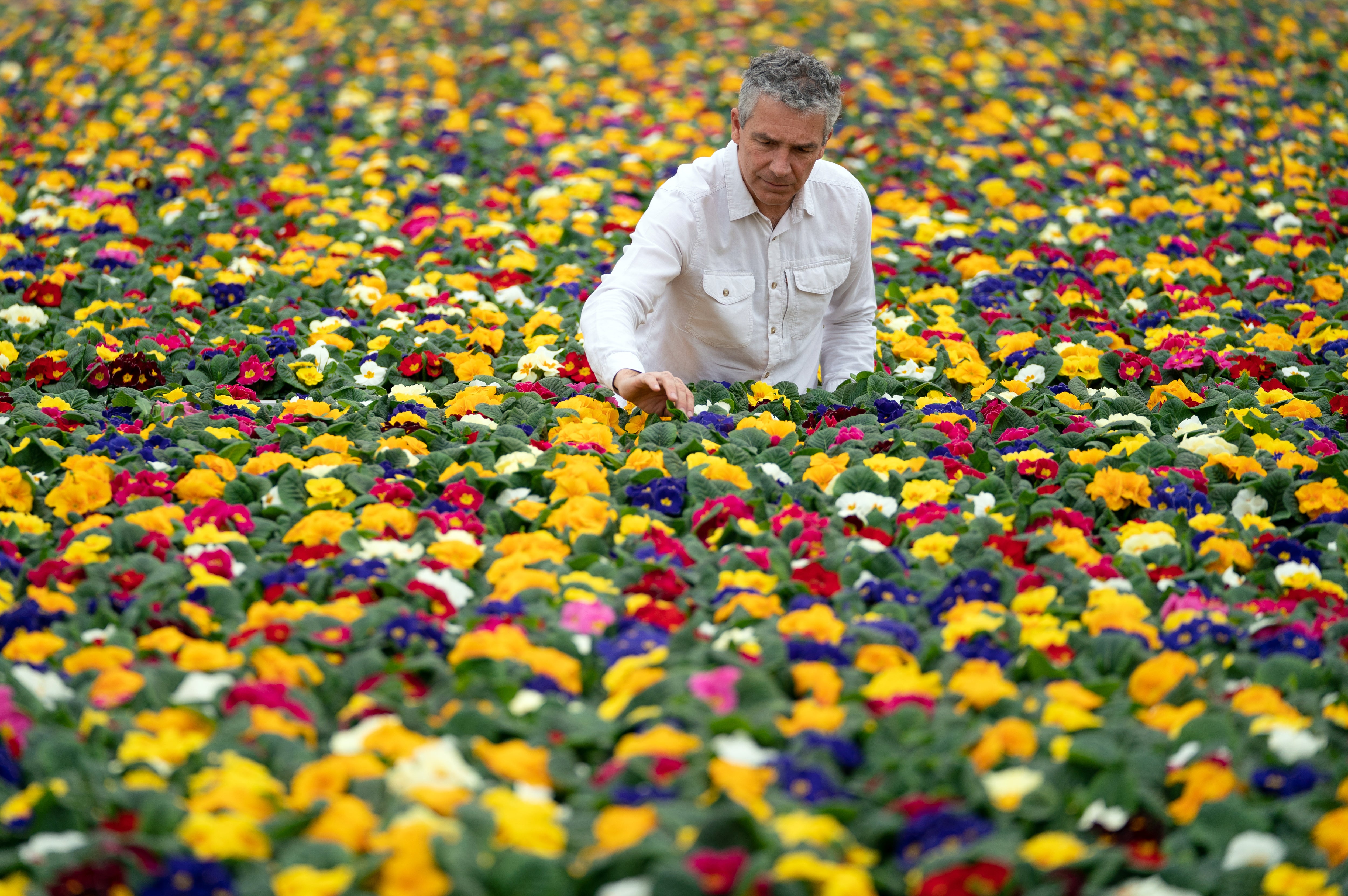Tesco pledges to remove all peat from bedding plants by 2023
The supermarket chain is cutting its use of the material by 95% across its UK bedding plants range from Monday to reduce its carbon footprint.

Your support helps us to tell the story
From reproductive rights to climate change to Big Tech, The Independent is on the ground when the story is developing. Whether it's investigating the financials of Elon Musk's pro-Trump PAC or producing our latest documentary, 'The A Word', which shines a light on the American women fighting for reproductive rights, we know how important it is to parse out the facts from the messaging.
At such a critical moment in US history, we need reporters on the ground. Your donation allows us to keep sending journalists to speak to both sides of the story.
The Independent is trusted by Americans across the entire political spectrum. And unlike many other quality news outlets, we choose not to lock Americans out of our reporting and analysis with paywalls. We believe quality journalism should be available to everyone, paid for by those who can afford it.
Your support makes all the difference.A UK supermarket chain has pledged to become the first to go peat-free on its British-grown bedding plants in order to reduce its carbon footprint.
Tesco is to cut its use of the material by 95% across its UK bedding plants range from Monday.
It has vowed to remove all peat from the range in 2023, with the residual peat in this year’s plants used by the retailer’s seedling suppliers during germination.
Tesco is one of the UK’s largest sellers of bedding plants, with about 40 million sold each year.
Through this change, the supermarket aims to reduce its peat use by nearly 9,000 cubic metres a year.
This will reduce the carbon footprint of these products by more than 1,200 tonnes of carbon dioxide equivalent emissions a year – a reduction of 75% – the retailer said.
Peat is a layer of soil made primarily of partially decomposed plant material which has developed in waterlogged and low oxygen conditions.
Peat bogs are a carbon sink, meaning they soak up carbon dioxide emissions, helping in the fight against climate change.
However, peat is still the most popular material used by the horticulture industry to grow potting plants.
When it is harvested, vast quantities of carbon are released into the atmosphere, accelerating climate change.
Instead of peat, all Tesco’s British bedding plants, which are grown by the Bridge Farm Group, based in Spalding, Lincolnshire, will use alternatives such as wood fibre and organic by-products to deliver the quality expected.
Tesco said its range of products has been successfully trialled in peat-free compost, with no impact on quality or product life.
Bridge Farm Group managing director Louise Motala said: “Peat takes thousands of years to form; therefore, using alternative materials that are much quicker to regenerate is a priority for horticulture.
“We’re delighted to be working with Tesco to deliver a more sustainable solution and we hope this is the start of meaningful change for the sector.”
Tesco horticulture category buying manager Alex Edwards described efforts to remove peat from products as “a major step forward in delivering a more sustainable plant range to benefit the planet”.
He said: “In collaboration with our supplier, the Bridge Farm Group, we have taken the decision to reduce peat at the earliest opportunity, as part of a wider sustainability programme to reduce our carbon footprint.
“We hope to see a positive response from customers, many of whom talk to us about their growing concerns surrounding the sustainability of our planet.
“In taking the first step, we hope others in the horticulture market will follow, helping us find solutions for the plants and shrubs where we don’t yet have a viable alternative for peat.”
The retailer said it hopes the move will help preserve UK and Republic of Ireland peatlands, which provide a wealth of environmental benefits as well as being home to many rare plants, insects and birds.